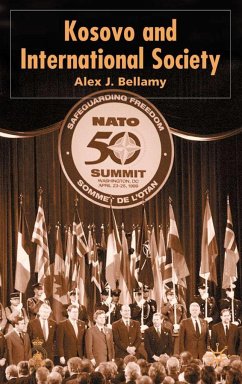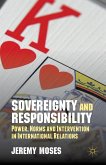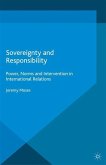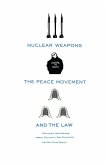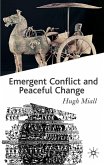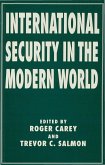This book explains the international engagement with the Kosovo conflict from the dissolution of Yugoslavia to Operation Allied Force. It shows how Kosovo was deliberately excluded from the search for peace in Yugoslavia before going on to demonstrate how a shaky international consensus was forged to support air strikes in 1999. In doing so, it exposes many of the myths and conspiracy theories that have developed about the war and explains the dilemmas facing actors in this unfolding drama.
Hinweis: Dieser Artikel kann nur an eine deutsche Lieferadresse ausgeliefert werden.
Hinweis: Dieser Artikel kann nur an eine deutsche Lieferadresse ausgeliefert werden.
'Alex J. Bellamy's Kosovo and International Society is a timely, engaging and comprehensive review of the international response to the Kosovo issue throughout the 1990s...He goes so far as to argue thoroughly and persuasively that the effect of the form taken by international engagement prior to 1998 was itself the decisive factor in the escalation of violence in the province from 1998...He also succeeds in giving impressively due accord to the range and complexity of actors and interests involved and their relative influence and capabilities in this particular context...One of the central and notable features of this book is its attempt to discuss many of the myths and conspiracy theories that have circulated concerning so many aspects of the Kosovo issue and conflict. Many are cast in fresh light and the treatment provides a new depth to the existing discussions...For its scope alone, including in particular its treatment of the pre-1998 response this book represents a valuable contribution to the on-going discussions on this topic.' - Lisa Hunt, European Foreign Affairs Review

